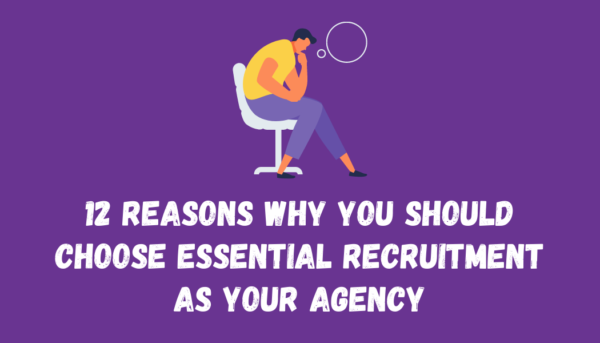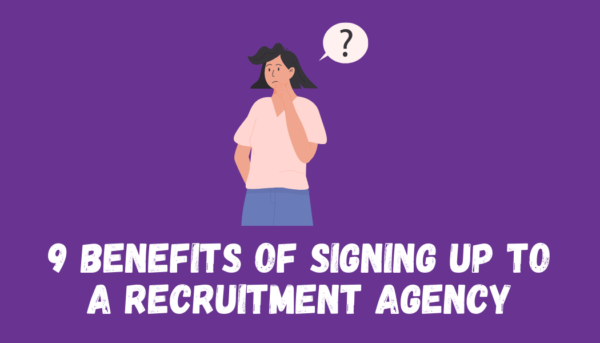
People claiming Universal Credit are facing a Government crackdown, as they are strengthening their sanctions and tightening the rules for Universal Credit claimants for the third time in 2022.
People claiming Universal Credit have already agreed to a personalised claimant count in exchange for their benefits, which includes making their job search a full time focus, however it has been indicated that rules could be tightened even further to get as many people into work as possible. Former Prime Minister Liz Truss claimed that she wanted to get unemployed people back into work due to around 1.3 million job vacancies available.
In Spring 2022, the Government made a rule change for claimants, which specified that after 3 months of unsuccessful job searching they had to look for a job outside of their expertise – this has since changed to 4 weeks. If you don’t find a job in your chosen career after 4 weeks, you will be forced into finding a job outside of your career path.
In the ‘Mini Budget’ announcement on the 23rd September 2022, it was proposed that Former Chancellor Kwasi Kwarteng was concentrating on a plan to cut benefits for people who are not adequately searching for work.
The Former Chancellor has said that the 120,000+ people who are currently claiming Universal Credit will need to take more active steps to seek more hours at their existing jobs or search for better-paid work, otherwise from January 30th 2023 they will face having their benefits reduced. This is also affecting part time workers who will need to actively search for extra hours. This change will see many people moved from a ‘light-touch’ work search group to an ‘intensive work search’ category.
A document by the Treasury states that ‘claimants who do not fulfill their job search commitments without good reason could have their benefits reduced’.
Some of the work activities that people might be asked to take part in include:
- Carrying out work searches
- Making applications
- Creating and maintaining an online history
- Registering with an employment agency
- Creating and maintaining job profiles – however, you must not be mandated to use particular internet or social media sites (this must be entirely voluntary)
- Seeking references
- Any other actions which reasonably increase the likelihood of obtaining employment
A latest announcement for the ‘Administrative earnings threshold’ for Universal Credit affects two-fifths of claimants who currently have a job that pays enough to pass the threshold but doesn’t earn them enough to move off of benefits. This is currently at 9 hours of work at the National Living Wage, from Monday 26th Sept 2022 it increased to 12 hours and from January 30th 2023 it will increase again to 15 hours a week.
- Claimants working under 9 hours per week will be in the ‘intensive work’ search group and will need to go to the Job Centre regularly and are required to increase their earnings
- Claimants working above 9 hours, will be moved from the ‘light touch’ search group to the ‘intensive work’ search group from Monday 26th Sept to seek work over 12 hours per week at the National Living Wage
The change is linked to the Administration Earnings Threshold (AET) – which is a monthly amount that marks whether you’re in the “intensive work search” category or the “light touch” group.
- From 26th Sept 2022, the AET rate increased from £355 a month to £494 a month for single claimants and from £567 a month to £782 a month for joint claims
- This is the equivalent of an individual working 12 hours per week, or a couple working 19 hours per week between them
How many more hours you will be expected to take on and how many hours you are required to spend looking for work depends on your circumstances, including childcare commitments and any health conditions. You can find these details in your “claimant commitment”.
Thérèse Coffey, Work and Pensions Secretary, previously said:
“The rule change will help claimants get quickly back into the world of work while helping ensure employers get the people they and the economy needs.”
He added:
“Helping people get any job now, means they can get a better job and progress into a career. Way to Work is a step change in our offer to claimants and employers, making sure our JobCentre network and excellent work coaches can deliver opportunities, jobs and prosperity to all areas of the country.”
If you’re unemployed and currently seeking work, please contact us to discuss how we can help support you back into work:
Search our vacancies by branch:
Barnsley https://bit.ly/3faUMhn
Burton https://bit.ly/3fcYRSa
Chesterfield https://bit.ly/3vQNF4u
Doncaster https://bit.ly/3NInFl5
Mansfield https://bit.ly/3xZ43BU
Ripley + Long Eaton https://bit.ly/3tBF6t0
Rotherham https://bit.ly/33vYAEL
Worksop https://bit.ly/3uyEzZY
Search our vacancies by area:
South Yorkshire https://bit.ly/3kHvNpT
Derbyshire https://bit.ly/39I8S7U
Nottinghamshire https://bit.ly/3m0exvM
Staffordshire https://bit.ly/3ibcPXg
Leicestershire https://bit.ly/3zKLMIn
Who’s hiring in your area? See here!
Would you like to know more about working for agencies?














